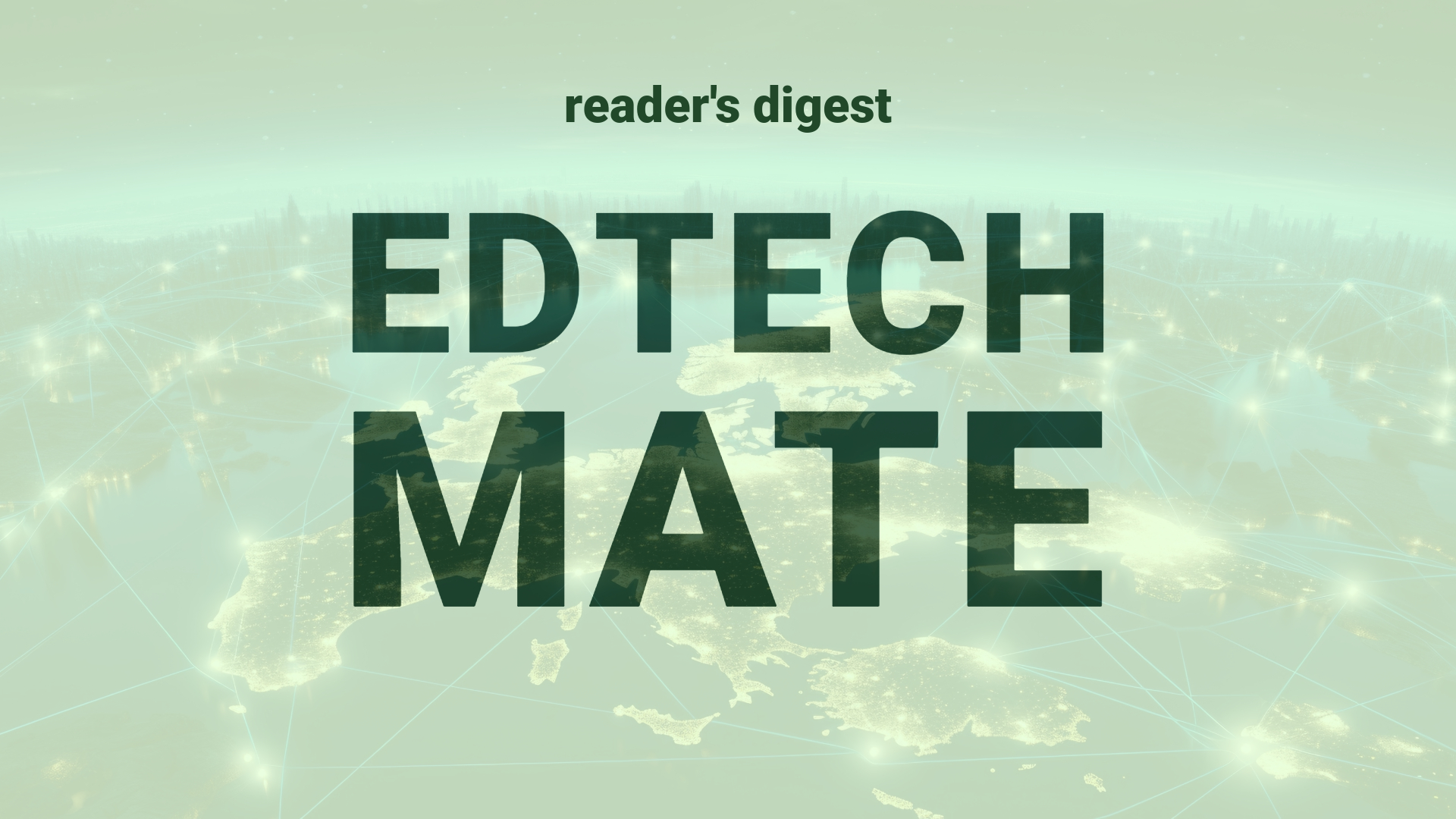Executive Summary and Main Points
The technology division of the multinational transportation and mobility company Ferrovial has established a Digital Hub and a Center of Excellence for Artificial Intelligence (AI CoE) to deploy technical expertise, ideas, and projects across all business units. Main strategic areas of focus include IoT, Big Data, AI, drones, 3D printing, and customer experience. Leading the AI initiative, the company has integrated AI-based services to automate and optimize processes, and deliver competitive advantages across their business divisions. Their global approach involves continuous collaboration and sharing of AI knowledge to avoid duplication and promote proof of concepts and project advancement.
Potential Impact in the Education Sector
In the context of Further Education, Higher Education, and Micro-credentials, Ferrovial’s digital strategies serve as a compelling case study for the role of AI in enhancing operational efficiencies and generating new revenue streams. The creation of an AI CoE can inform educational institutions on streamlining administrative functions and innovating in program delivery. Strategic partnerships, as demonstrated by the company’s involvement with IndesIA, could propel the integration of AI in curricula and professional development, while digitalization, via platforms like Azure OpenAI, introduces new dimensions for data-driven decision-making and learning opportunities in higher education.
Potential Applicability in the Education Sector
AI-driven innovations like computer vision in the rail weedicide project could pave the way for similar applications in educational facilities management and maintenance. Furthermore, AI’s growing ease of access could benefit universities and colleges by offering scalable, cloud-based educational resources and data analysis tools. Real-time monitoring and management of educational infrastructure through IoT, immersive learning experiences assisted by AR/VR, and personalized learning through advanced analytics represent additional applications in line with Ferrovial’s practices.
Criticism and Potential Shortfalls
Despite the progress, challenges of privacy, security, ethics, and transparency are pertinent to AI. Ferrovial’s focus on necessary regulations underscores similar requirements to ensure technology is safely applied in education. The sector must navigate these issues, balancing the need for innovation with ethical considerations. Comparative case studies, such as varied regulatory contexts between countries, offer insights into the complex interplay between technological advancement and socio-cultural norms.
Actionable Recommendations
Educational leaders could establish AI centers of excellence to foster interdisciplinary collaboration and accelerate digital transformation. Pilot projects like those in Ferrovial could be adapted for campus operations to showcase potential ROI and enhance buy-in from stakeholders. Embracing initiatives similar to IndesIA could stimulate industry-academia collaboration, preparing students for AI-augmented workplaces. Finally, embracing flexible and adaptive regulatory frameworks will be critical for ethical and secure AI implementation.
Source article: https://www.cio.com/article/2075228/%E3%83%95%E3%82%A7%E3%83%AD%E3%83%93%E3%82%A2%E3%83%AB%E3%80%81ai%E3%82%92%E5%A4%89%E9%9D%A9%E3%81%AE%E4%B8%AD%E5%BF%83%E3%81%AB%E6%8D%AE%E3%81%88%E3%82%8B.html

